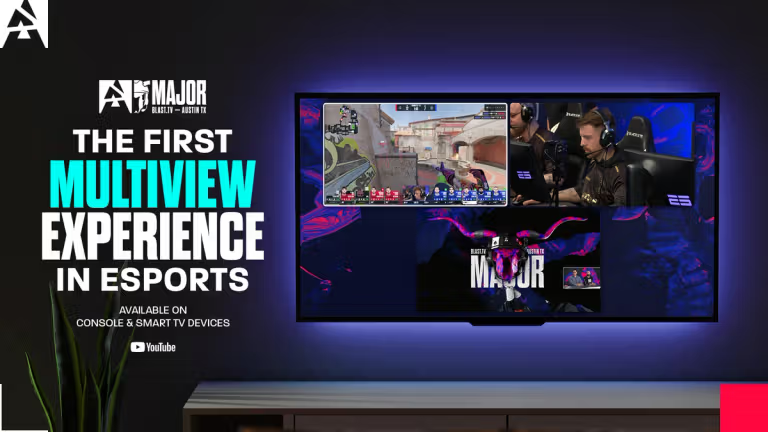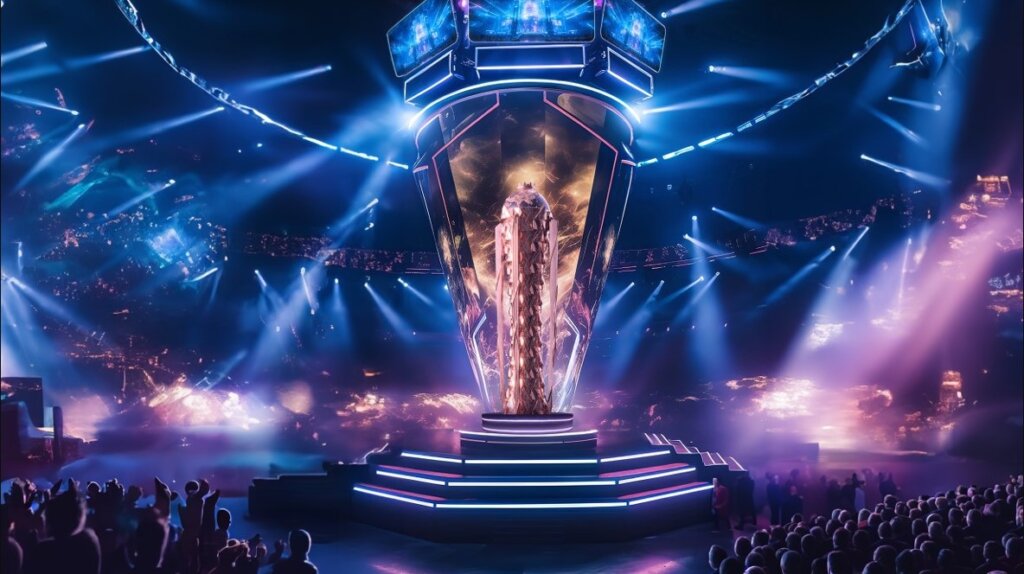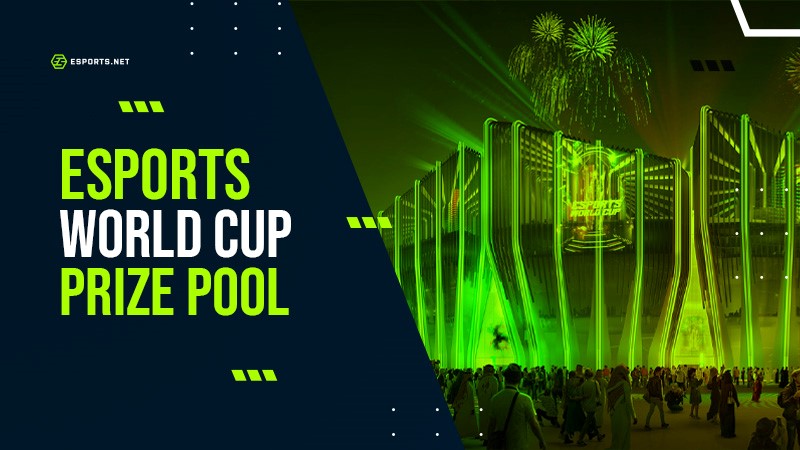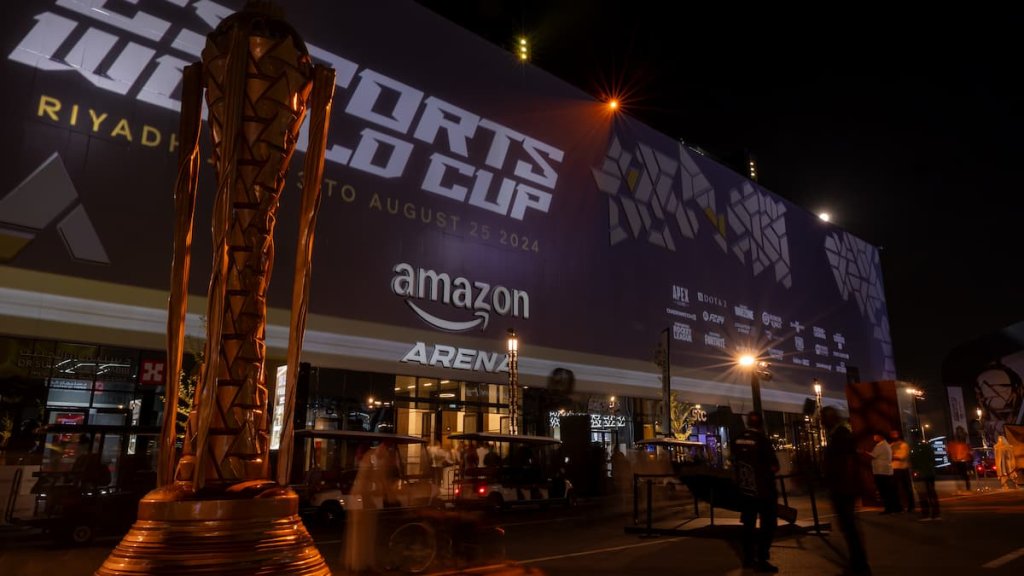
FC Barcelona unveil their esports ambitions
The Spanish football club, FC Barcelona, recently shocked the esports world by announcing that they have signed a deal with Konami. This will see the La Liga titans entering their own official esports team to compete in Konami’s eFootball.pro league.
Although the details are still vague, it seems that the eFootball.pro league will feature several large international football teams competing on Konami’s popular Pro Evolution Soccer game.
It’s a decision that is sure to reignite the fierce competition between Pro Evolution Soccer and EA Sport’s FIFA series that has already successfully launched the FIFA Interactive World Cup esports event.
The details of Barcelona’s deal with Konami
The deal was announced on 27 February 2018, and it represented Barcelona’s first long-awaited move into the hugely profitable esports realm. Esports is expected to reach up to 600 million viewers by 2020, and it’s clear that Barcelona are keen capitalise on their strong brand name in this rapidly growing domain.
What’s interesting about the deal is the fact that Barcelona’s legendary defender, Gerard Piqué, will be acting as president of the eFootball.pro league. The Spanish centre-back will have certainly played a large part in convincing the legendary Catalan team to sign up to the fledgling league, and it’s going to be interesting to see which other top-level teams enter their own esports sides for the venture.
How will the FIFA gaming franchise compete?
Barcelona joined forces with Konami in November 2017, and the move signified how many of the world’s largest football teams are starting to make important associations with top video games publishers.
Konami’s Pro Evolution Soccer is thought to have lost ground recently to its rival, EA Sports’ FIFA series, and so the deal with Barcelona will undoubtedly help the PES franchise.
One of the biggest reasons why PES has fallen behind FIFA is the fact that the FIFA games are licensed to use the team names of over 700 teams in 30 leagues from all over the world. Whilst PES 2018 managed to secure licenses with the likes of Barcelona, Liverpool and Borussia Dortmund, players of the game have had to put up with fake team names.
The establishment of Konami’s eFootball.pro league is a timely answer to the popular FIFA Interactive World Cup. This esports competition has been running since 2004, and its FIWC 2017 Grand Final saw the winner claiming a prize of $200,000, as well as the accolade of being the world’s best FIFA player.
Konami have already made moves to push their Pro Evolution Soccer title in the esports world. Last September, the Japanese brand signed a deal with UEFA to create a PES World Tour that would be esport’s first Champions League-related title.
What this means for football and esports
It’s clear that the relationship between football and esports is becoming evermore closely integrated. Whilst esports was once dismissed by traditional sporting organisations, it’s clear that the phenomenal reach of esports and its associated revenues are just too large for football teams to ignore.
Already we’ve seen respected television networks like ESPN and the BBC making moves to cover some of the world’s biggest esports events. And as realism is an important aspect of any video game, it’s clear that games publishers are going to have to sign some massive deals to gain the right to feature the world’s top football teams and players.
It’s not just football clubs who are starting to realise the potential of esports. In February 2017, we saw the Dutch Eredivisie launching the E-Divisie, which allowed gamers to represent actual Dutch Eredivisie teams in the FIFA game.
And as esports gives top football teams an easy way to access the all-important global market, we can expect to see many more interesting projects like this in the future.
Which other football teams have embraced esports?
Whilst some iconic clubs like Real Madrid seem to be strangely resistant to launching their own esports organisation, it’s clear that there are a handful of football teams who are willing to be a little more forward-thinking.
Sevilla FC
The Spanish football club were one of the first teams to announce that they were entering the esports domain. Sevilla FC’s esports team regularly participates in FIFA 18 competitions, and with other top Spanish clubs like Villareal CF, Real Aviles, Real Sociedad, Real Zaragoza and Real Sporting de Gijón getting involved, it’s easy to see why Barcelona have entered the fray.
Paris Saint-Germain
Paris Saint-Germain were another early entrant into the esports world. The French football team launched PSG eSports in October 2016 and immediately signed two top FIFA players. But it was when they created a League of Legends team to take part in the European Challenger Series that everyone realised just how serious Paris Saint-Germain were about esports.
FC Schalke 04
The Bundesliga team also successfully managed to enter the LoL realm when they bought the Elements esports team in 2016. In addition to this, Schalke have also found success in FIFA’s esports competition when their player, Cihan Yasarlar, qualified for the Ultimate Team Championship. And with Wolfsburg being another Bundesliga team who have broadened the appeal of their brand through esports, we can expect to see many other German teams following suit.
AS Roma
Fnatic are undoubtedly one of the most successful esports organisations of all-time, and so it’s fairly unsurprising to find that one of La Liga’s biggest teams would be keen to make a deal with them. As a result, you can see Fnatic players like Sam ‘Poacher’ Carmody competing for AS Roma in some high-profile FIFA games.
FC Copenhagen
Whilst CS:GO might not be the obvious choice of game for a football team, it seems that this didn’t stop FC Copenhagen signing Team Dignitas’ Counterstrike side. After rebranding the team under the ‘North’ moniker, the esports organisation managed to reach semi-finals of the DreamHack in 2017, and showed us just how successful the relationship between football and esports can be.














